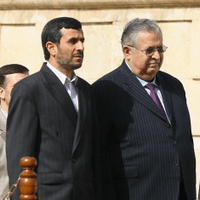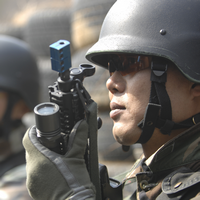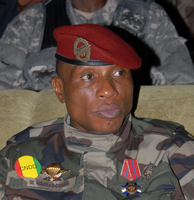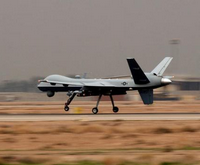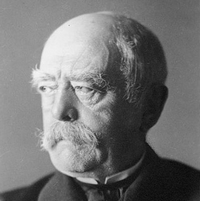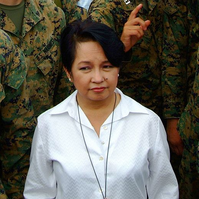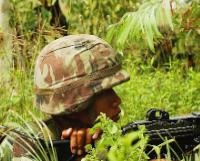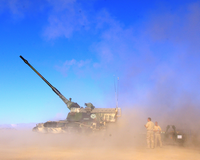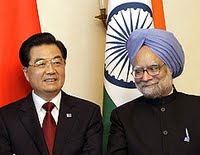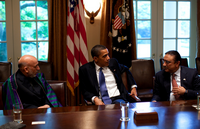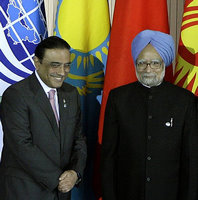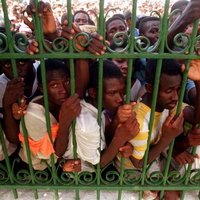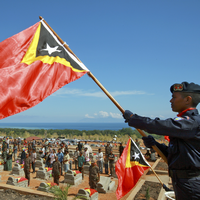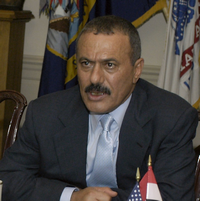
In the wakeof the attempted Christmas Day bombing aboard a Northwest Airlines passenger jet en route from Amsterdam to Detroit, the world has turned its attention to Yemen. The would-be bomber’sclaims that he was trained by al-Qaida in Yemen are lookingincreasingly plausible as the investigation unfolds on both sides ofthe Atlantic. In light of the increased attention to the perilous internal situation in Yemen, World Politics Review is temporarily opening up free access to three four recent articles on the country. These articles will remain freely accessible until Jan. 8. In a prescient Nov. 5 article, World Politics Review Columnist […]


